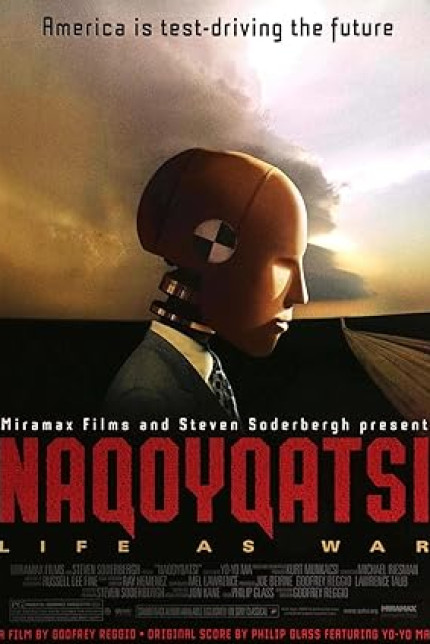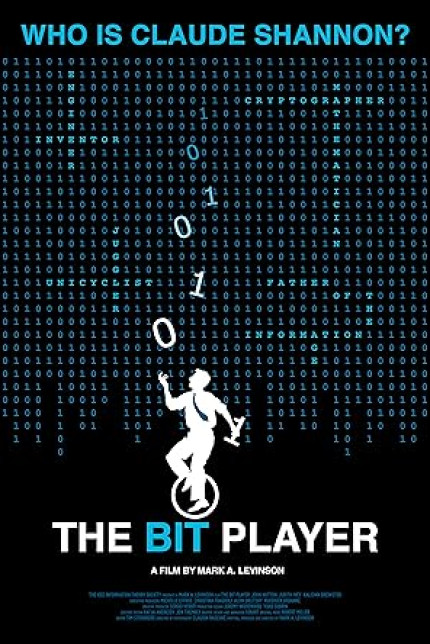Naqoyqatsi
- Director:
- Godfrey Reggio
- Duration:
- 89 min
- Language:
- English
- Year:
- 2002
- Release:
- 21 Jan 2003
- Country:
- United States
- Genres:
- Documentary , Music
- Actor:
- Belladonna , Marlon Brando , Elton John










(
0 point /
0 reviews )





